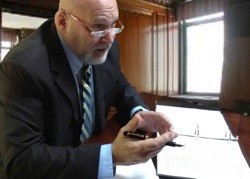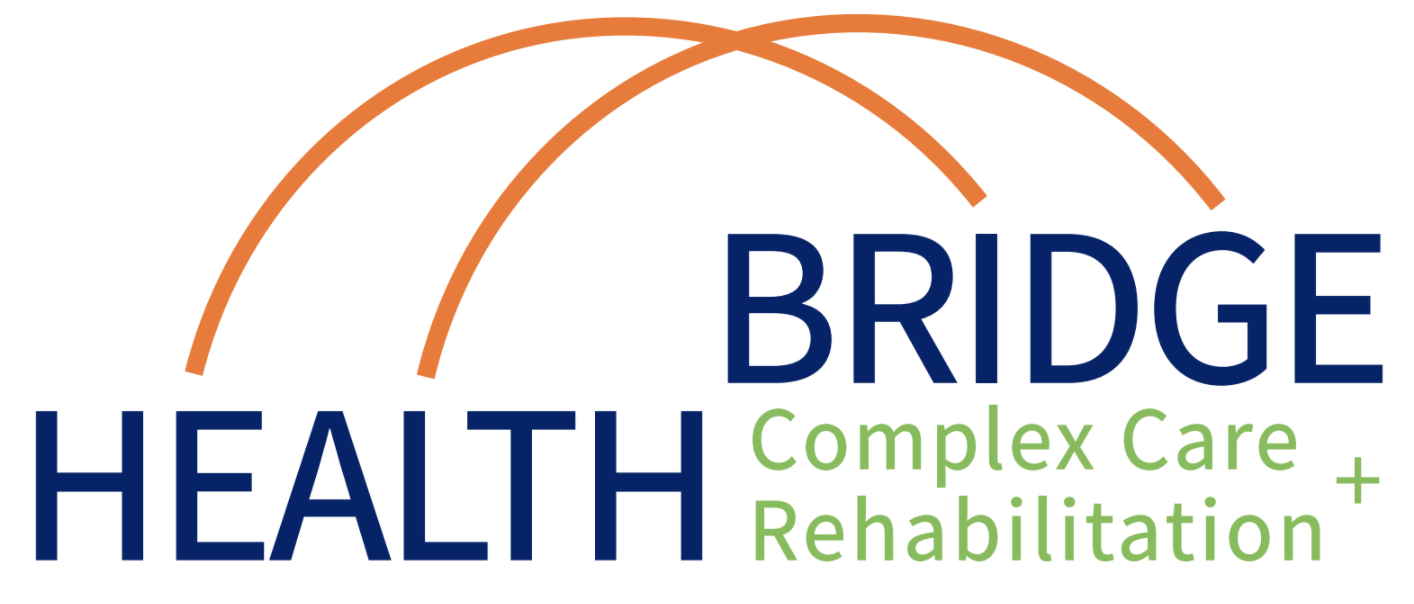Overview
Neurobiology of Psychosocial Function
This presentation will explore the neurobiological aspects of psychosocial functioning in the context of psychosocial rehabilitation with acquired and traumatic brain injury patients. The discussion will identify cognitive, physical, emotional, and behavioral areas of functioning that are impacted by a brain injury, while exploring options for helping clients and their families cope with the impact these factors have on everyday living.
Areas to be discussed include: short- and long-term memory, attention, concentration, and distractibility; logical and abstract reasoning; expressive language; visual-spatial organization; fine motor coordination, planning synthesizing and organizing, initiating and sustaining activities; mood and personality; and problem-solving.
ABOUT THE PRESENTER:

George W. Savarese, Ph.D., L.C.S.W. is a licensed clinical social worker with over 20 years of professional experience in education, administration, research, and direct service in the areas of clinical forensic and medical social work practice. Dr. Savarese earned his Master’s Degree from New York University’s School of Social Service Administration. His doctoral research focused on the development of a family-based behavioral approach to working with elderly patients and their families in order to maintain functional independence.
In addition to his service as an adjunct professor of social welfare policy on the faculty of Governors State University, and as a Lecturer in social policy at the University of Chicago, Dr. Savarese has held clinical field instructorships with a variety of academic institutions including Loyola University, the University of Illinois/Chicago, Governors State University and the University of Chicago where he continues to train graduate students in clinical and forensic social work methods.
